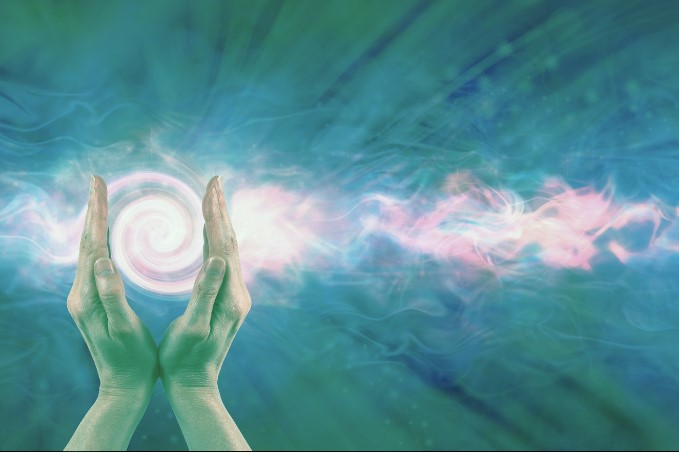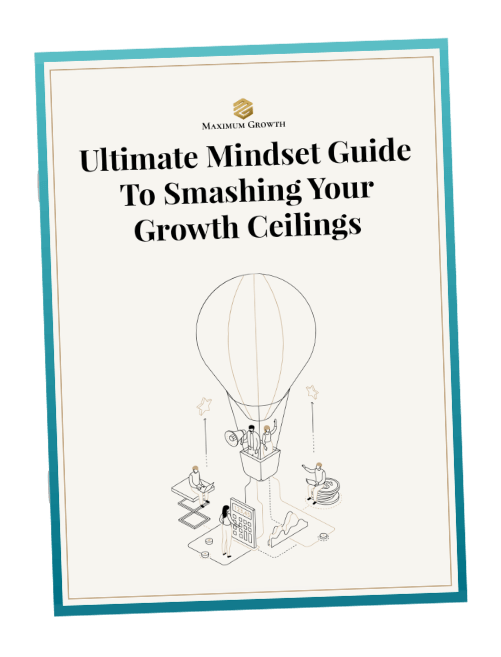Over the next 4 weeks I’m going to be sharing a series of newsletters on ‘Relationships Unvield.’
Each newsletter in the series explores this theme in a different context – children, siblings, intimate partners, workplace colleagues, and sexual expression and how the different types of relationships serve as mirrors, reflecting and shaping various aspects of our inner selves.
We start off with the individual closest to us, our intimate relationship.
Intimate relationships are more than just romantic unions; they are profound mirrors reflecting our inner landscapes.
These relationships have the ability to possess a unique power – they can illuminate the darkest corners of your soul, bringing to light the parts of ourselves that we may have long repressed or maybe even deemed unlovable. #canyoufeelthelovetonight
In the sacred space of intimacy, we have the opportunity to embark on a transformative journey of self-discovery, healing, and ultimately, embracing our whole selves.
The Reflective Power of Intimacy
Intimate relationships act as a mirror, offering us glimpses of our hidden, disowned parts. Intimate partners can bring to the surface aspects of ourselves that we may have buried due to societal conditioning, past trauma, or self-judgment.
These repressed parts often manifest as insecurities, fears, or unresolved emotional wounds.
Psychologist and philosopher William James famously said, “We are like islands in the sea, separate on the surface but connected in the deep.”
Intimate relationships bridge the gap between these islands, exposing our interconnectedness and inviting us to explore deeper within ourselves to realise our whole self.
Confronting the Shadows: Embracing Our Repressed Parts
Intimate relationships provide a safe space to confront our shadows – those aspects of ourselves that we may have deemed unworthy of love.
When our partners trigger feelings of insecurity, jealousy, or vulnerability, it is an invitation to look within and explore the origins of these emotions.
Perhaps they stem from past perceived wounds or beliefs we adopted about ourselves.
Philosopher Carl Jung coined the term “individuation” to describe the process of integrating the different facets of our personality into a unified whole.
Intimate relationships serve as catalysts for this process, prompting a journey of self-discovery and healing, if we choose.
The Healing Power of Unconditional Love
Intimate partners play a unique role in our healing journey. When they witness and love our repressed parts, it can be profoundly transformative.
This shows we are lovable and worthy of love, even in our perceived flaws and vulnerabilities.
When we receive unconditional love from our spouses, it becomes a catalyst for self-love. We begin to see that we are deserving of love not just in spite of our imperfections but because of them. #deeplove
Intimacy as a Journey of Self-Discovery
Intimate relationships are a journey, not a destination.
As we explore our repressed parts within the context of a loving partnership, we become more intimately acquainted with ourselves.
We uncover the layers of conditioning, insecurities, and fears that have shaped us, and in doing so, we gain the power to reshape our narratives.
Philosopher Jean-Paul Sartre famously said, “We are our choices.” In intimate relationships, we are confronted with choices – to confront our shadows, to heal, and to love unconditionally.
Each choice we make brings us closer to embracing our whole selves and, in turn, enriches the depth of our intimacy.
Questions of Growth
Here are some questions to ask to grow in your relationship.
- What is my relationship reflecting to me?
- What parts am I trying to hide from my spouse or the world that they are bringing to the surface for me to face?
- How is my spouse helping me to unconditionally love myself and/or others.
Intimate relationships are alchemical laboratories where the lead of our repressed and unloved parts can be transformed into the gold of self-love and acceptance.
They hold the power to reveal, heal, and ultimately integrate these hidden aspects of ourselves, enabling us to become more complete and loving beings.
In the sacred space of intimacy, we learn that to love another deeply, we must first love and embrace our own repressed parts.
In doing so, we unlock the potential for profound personal growth and the kind of love that transcends illusions and limitations.
In the sacred space of intimacy, we learn that to love another deeply, we must first love and embrace our own repressed parts.
In doing so, we unlock the potential for profound personal growth and the kind of love that transcends illusions and limitations.
So, as a coach, or as a spouse, I hope that you found this valuable.
Until next week.
Tanya x
Leadership Coach & Master Certified Demartini Method Facilitator
BAppSoSc (Counselling)


